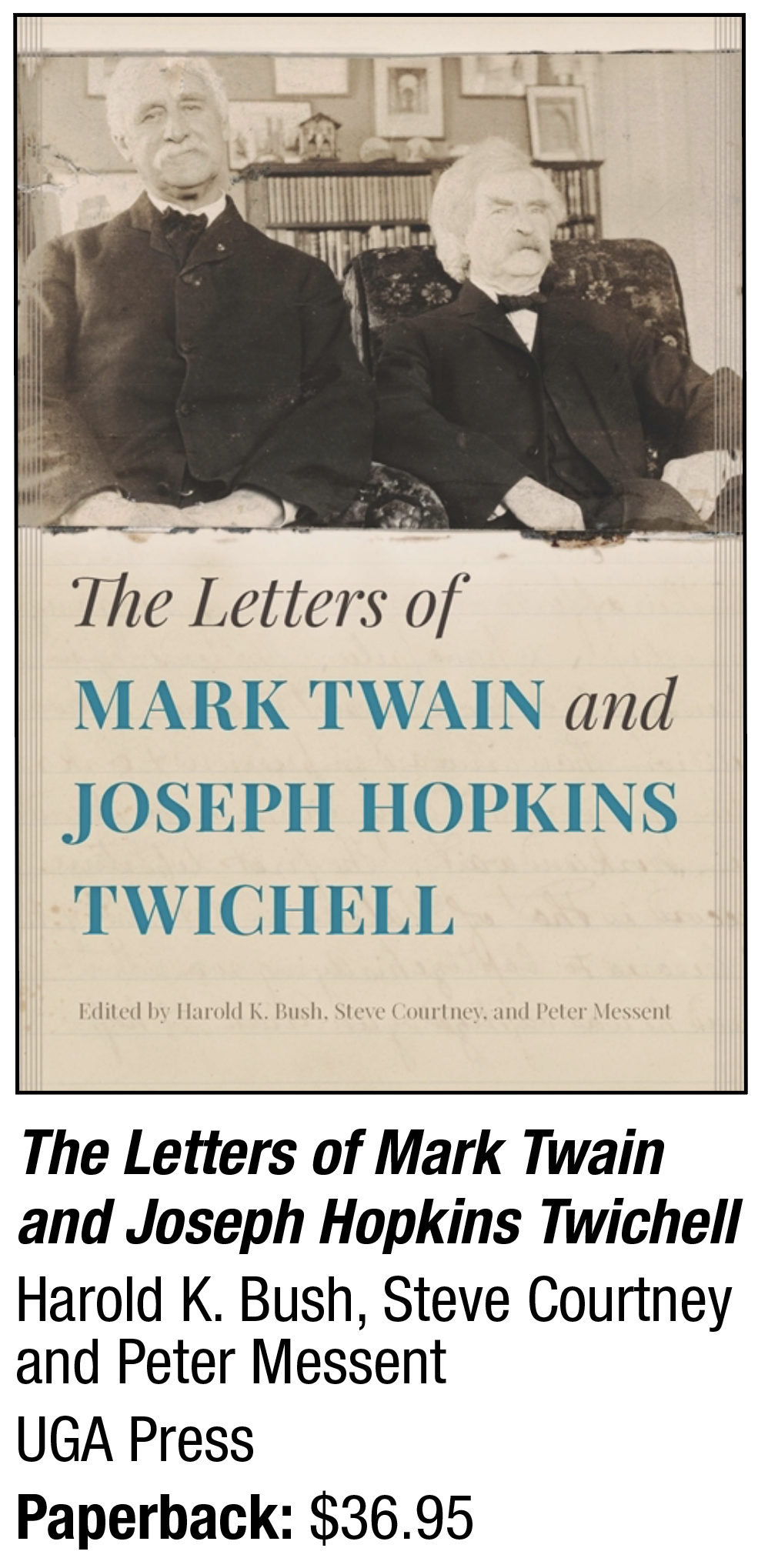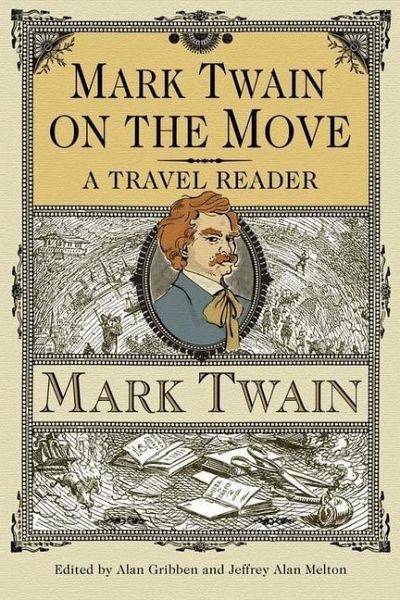
This will allow me to rethink questions of sameness and difference within this corpus. The main section will analyze The Innocents Abroad and Tent Life in the Holy Land as composed of a given set of thematic and stylistic strands, found also in many other 19 th-century Protestant American Holy Land narratives. 9īut the discussion that Orientalism continues to inspire suggests that some of the questions it raised are not yet “resolved.” The essay will begin by surveying such questions before considering how an intertextual reading of Twain and Prime can be relevant to them. He regarded expressions of disappointment with the Holy Land, for example, as no less iterative than the delight over sacred geography about which they were cynical. 8 An early and important forerunner was Edward Said, who argued that all modes of representing the “East”-fantastic, objective, religious, aesthetic, scientific, and onwards-are part of the discursive formation he called “Orientalism.” Declaring at the outset of his seminal book an indifference to “any correspondence, or lack thereof, with a ‘real’ Orient,” Said refused to classify some narratives as more truthful or real than others simply because the writer had been to the East or, like Twain, claimed an objective perspective. To be sure, there is by now a rich and diverse scholarship in all those disciplines aimed precisely at questioning and dismantling such binaries. We find such pairs in literary criticism (where the division between “romantic” and “realist” literature is frequently used), among readers of Holy Land literature (some of whom assume that narratives of “disappointment” such as Twain’s are more historically sound than those of religious affirmation), among sociologist of travel (those who still adhere to the distinction between the pre-modern pilgrim and the modern tourist), and among historians of religion (those who still uphold the secularization thesis). Not just Prime/Twain, and not just religious/secular, but related oppositions such as fantasy/authenticity, revelation/disappointment, sentimentalism/realism, and pilgrim/tourist. 7 My larger goal-and what I take to be theirs-is to challenge some obstinate binaries that linger in the discussion around these narratives. In doing so, I will hope to contribute to the fine work of such critics as Hilton Obenzinger, Brian Yothers, and Brooke Sherrard, who have examined Twain’s position within the rich corpus of 19 th-century American Holy Land narratives.

In this essay, I will seek out such complexities-moments where religious and secular or sentimental and realist modes intermix-in both Innocents and Tent Life. What is at stake, in other words, is not the incongruity between the (sentimental) historical man and the (cynical) literary narrator, but complexities within the book itself. Innocents is sentimentally dedicated to the “Aged Mother” on whose knees, Twain said elsewhere, he acquired his “highest and noblest and purest ideals” (Fig.

These start as early as the book’s first page. But the inscribed, olive-wood Bible Twain bought in Jerusalem thwarts such divisions, especially when considered alongside the several moments of religiosity within the text of The Innocents Abroad. Just as he distinguished his group of straight-shooting “sinner” friends from the self-righteous “pilgrims” on his cruise, so was he eager to elevate his own “honest,” “real,” and “impartial” account of Palestine above what he regarded as the sentimental conventionalities churned out by former travel writers, represented first and foremost by Prime or ”Grimes.” Many readers since took their cue from Twain and divided the corpus of Holy Land narratives into, on the one hand, “secular” and “modern” accounts (such as The Innocents Abroad) and, on the other, “religious” and “old fashioned” ones (such as Tent Life). Masking its title as “Nomadic Life in Palestine” and its author as “Grimes,” Twain attacked Tent Life as a specimen of Protestant American Holy Land narratives, a genre he considered mawkish and deceitful.


5 The book is mostly remembered now as the target of Twain’s parody in the Holy Land sections of The Innocents Abroad. A New York lawyer and journalist, Prime visited Palestine in 1856 and published his account of the trip, Tent Life in the Holy Land, in the following year. Is this the Twain who mercilessly ridiculed his fellow travelers’ hunger for cheap souvenirs and pilfered mementos of holy sites? The same Twain who raised doubts over the link between “The Land” and “The Book” and compared his compatriots’ outbursts of religious enthusiasm to “emotions of the nursery”? 4īuying an olive-wood Bible for one’s mother is something we would expect, instead, of William C. 1: A replica of the Bible bought by Twain in Jerusalem (original in the Bancroft Library, Berkeley) 3Ĭoming from an author whose irreverent and sardonic descriptions of the Holy Land shocked and delighted millions, this sentimental gesture is baffling.


 0 kommentar(er)
0 kommentar(er)
